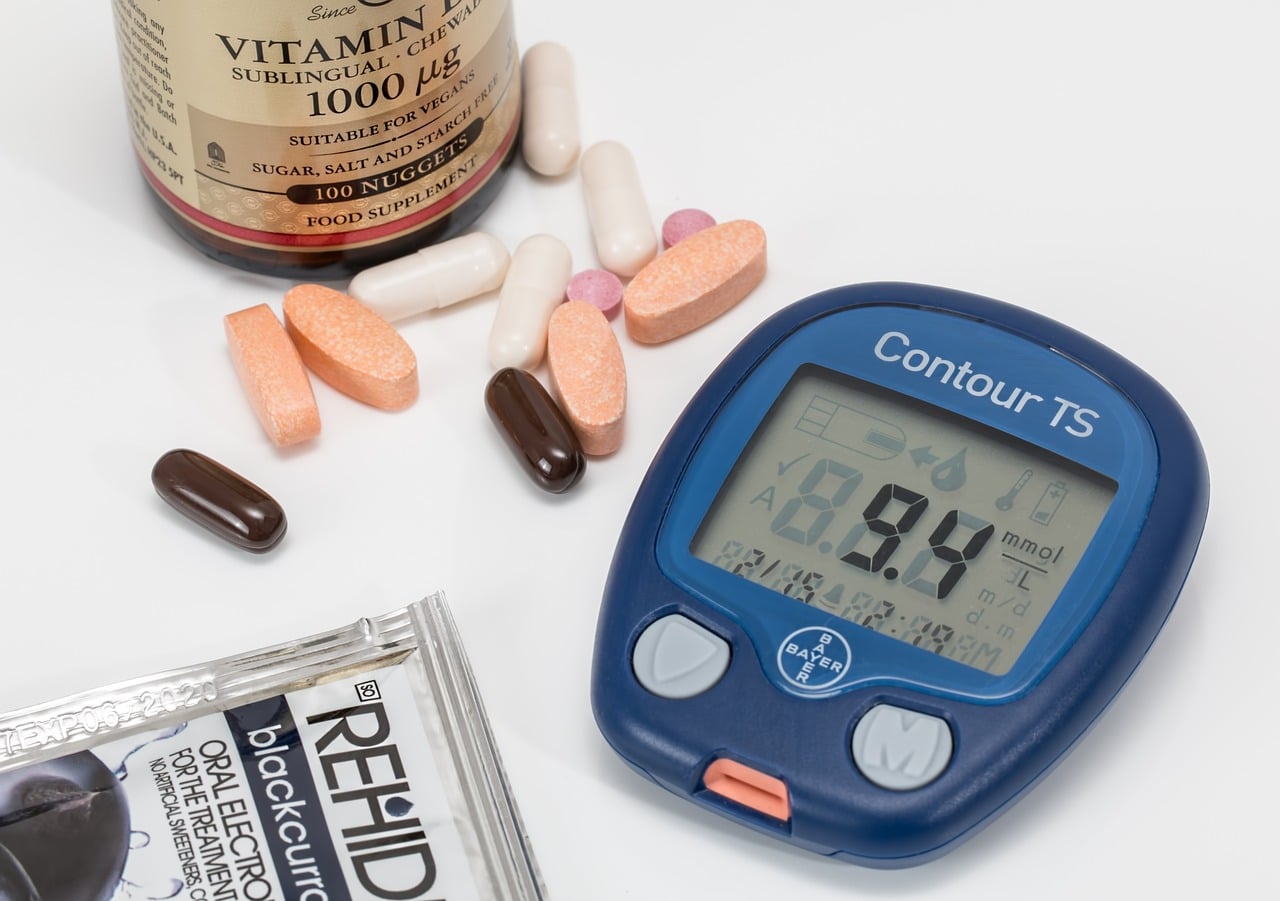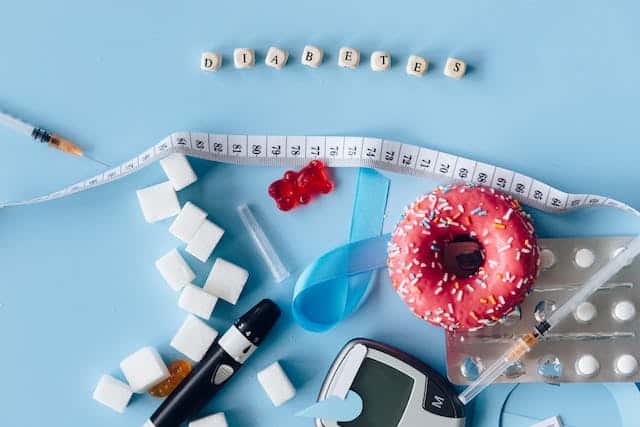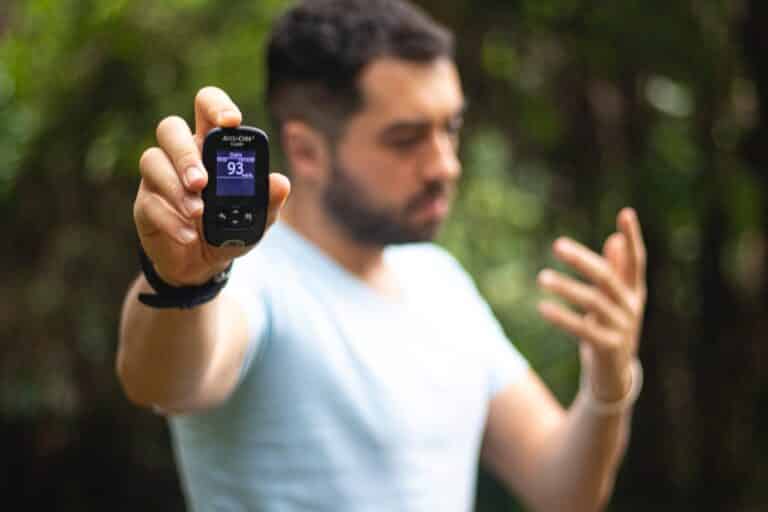Oral Medications for Type 2 Diabetes
Diabetes patients have to check their blood sugar regularly and manage their condition with medications. The most effective way to manage type 2 diabetes is through exercise, lifestyle adjustments, and medication. Your provider may prescribe one or more diabetes medications at a time, along with insulin injections. In this article, we give examples of oral medications your healthcare provider may prescribe, how they work, and when to use them.
How Do Oral Diabetes Medications Work?
Oral diabetes medications work by helping to lower your blood glucose levels to a healthy range. Normally, diabetes advances as your body develops insulin resistance. This resistance, also called insensitivity, makes your body cells fail to respond to insulin as they ought to.
Your pancreas produces insulin to break down the sugar (glucose) consumed into energy. This is an essential function that sustains your existence. Consequently, insulin resistance raises your blood sugar levels so high that your body goes into a hyperglycemic state, which progresses into a host of detrimental issues.
Taking oral diabetes medications helps to bring down the high blood sugar and also prompts your pancreas to produce more insulin, which breaks down the sugars in your system. As the breakdown progresses, your sugar levels fall to a healthy, normal level.
Examples of Oral Type-2 Diabetes Medications
There are many oral diabetes medications available for managing the condition. Oral diabetes medications are of different classes, and they work in different ways.
Some examples of diabetes medication classes are:
- GLP-1 analogs – help lower blood sugar by prompting the pancreas to make more insulin. A popular example of GLP-1 analogs is Ozempic. It not only helps to lower blood sugar but also lowers the risk of a major adverse cardiovascular event. This medication is preferred by healthcare providers because it is more accessible to patients compared to other drugs, especially because they can order online Ozempic from anywhere across the country.
- Bile and sequestrants (BAS) – lower cholesterol and blood glucose levels.
- Alpha-glucosidase inhibitors – block the breakdown of starches and sugars in the intestines.
- Sulfonylureas – stimulate the pancreas to produce insulin.
- Biguanides – decrease the amount of glucose your liver produces and deposits in your bloodstream.
- Meglitinides – stimulate the pancreas to release insulin.
- Thiazolidinediones (TZDs) – cause your fat and muscle tissues to raise their insulin sensitivity.
- SQLT2 inhibitors – bring down glucose levels in the blood.
- Dopamine-2 – resets your hypothalamus circadian rhythm, which is often offset by obesity.
- DPP-4 inhibitors – help to improve blood sugar levels by reducing the breakdown of blood glucose.
When To Use Oral Medications For Type 2 Diabetes
With type 2 diabetes, the first course of action is to control your blood sugar levels through weight loss, meal planning, and exercise. But, when these measures are not enough, the next step is to start taking diabetes management medication. Note that medicines are only designated for people with type 2 diabetes; patients with type 1 diabetes must be on insulin. Still, taking medication does not negate the need to exercise and eat healthily. You must get all three therapies working to keep your blood sugar levels at a desirable level.
It is important to know that all diabetes medicine must be taken according to your doctor’s directives because certain pills do not work for some people. Although you may see some lowering of blood glucose at first, the results may not be consistent. So, start by consulting with your providers to establish the medication best suited for you.
You can Keep Type 2 Diabetes Controlled With Oral Medication
Oral medications for Type 2 diabetes aim to keep your blood glucose levels within an acceptable range and also lower blood pressure or treat medical conditions that commonly accompany diabetes, like eye problems, oral problems, cardiovascular system issues, kidney problems, and nervous system issues. So, it’s important that you consistently take your pills because doing so lowers the risk of complications and insulin resistance. Also, avoid engaging in habits that could worsen your health situation. For example, you should stop smoking and drinking alcohol entirely. Watch your diet to avoid aggravating your diabetes symptoms.
Generally, diabetes medication is safe and works well to keep your body healthy and stabilized. But, like other drugs, medication must be taken with care. You also must know that pills interact with other medicines. To avoid dangerous interactions and complications, always check with your doctor before starting on any medication.







